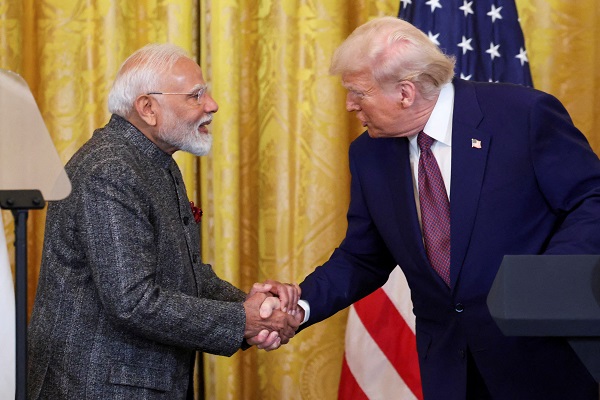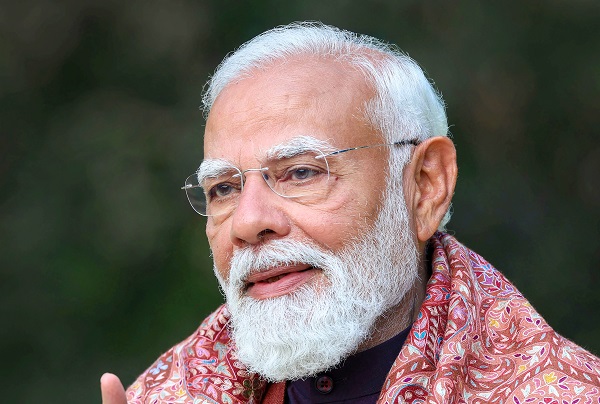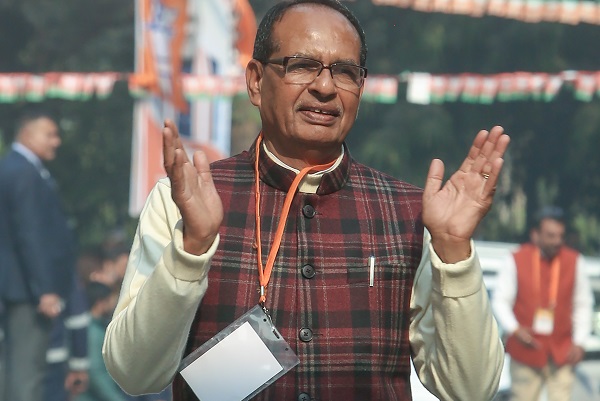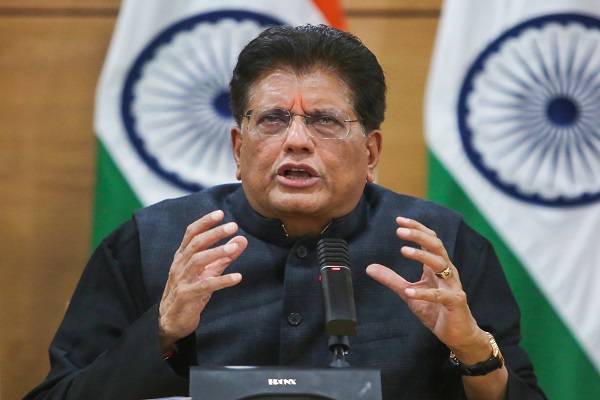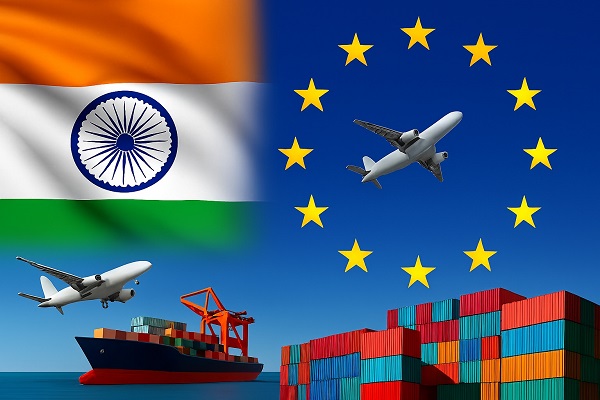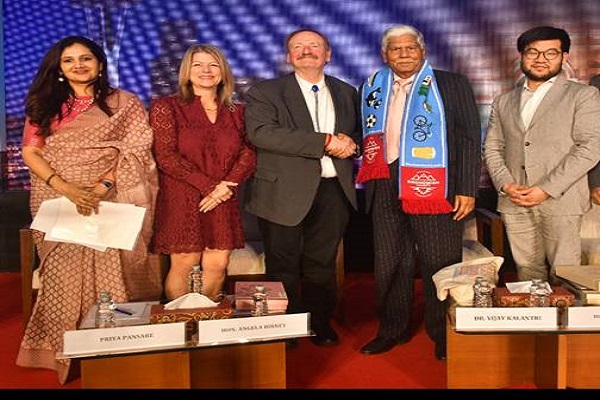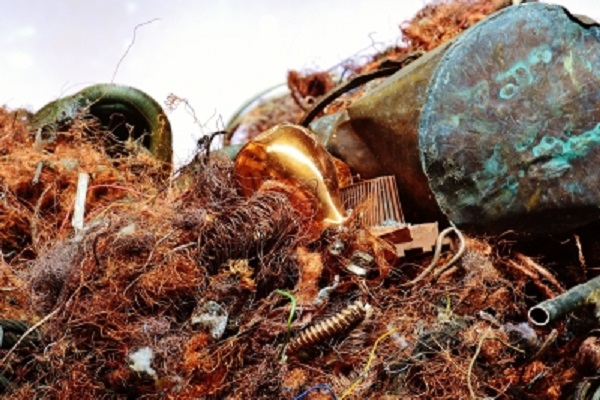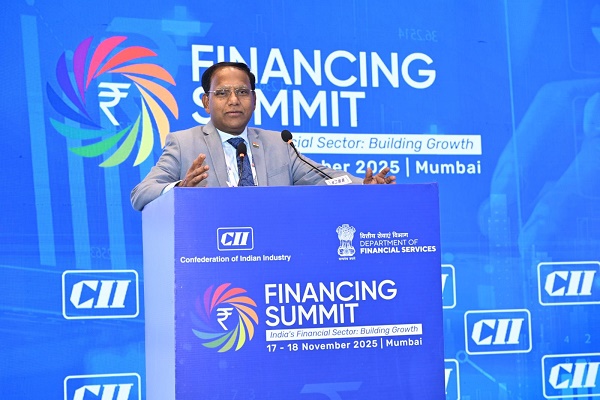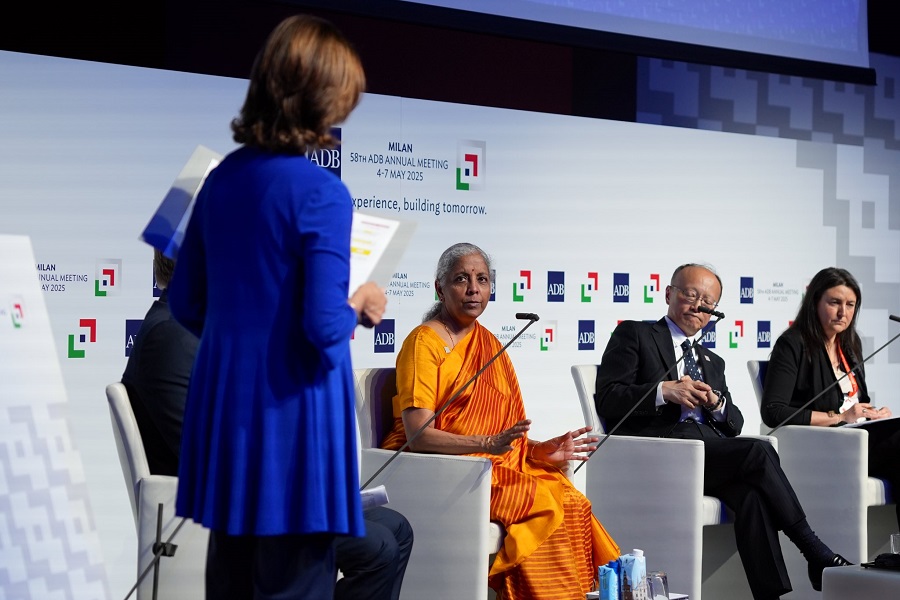Rolex Rings coming with an IPO to raise upto Rs 732 crore

Rolex Rings
-
Rolex Rings is coming out with a 100% book building; initial public offering (IPO) of 81,36,363 shares of Rs 10 each in a price band Rs 880-900 per equity share.
-
Not more than 50% of the issue will be allocated to Qualified Institutional Buyers (QIBs), including 5% to the mutual funds. Further, not less than 15% of the issue will be available for the non-institutional bidders and the remaining 35% for the retail investors.
-
The issue will open for subscription on July 28, 2021 and will close on July 30, 2021.
-
The shares will be listed on BSE as well as NSE.
-
The face value of the share is Rs 10 and is priced 88 times of its face value on the lower side and 90 times on the higher side.
-
Book running lead managers to the issue are Equirus Capital, IDBI Capital Markets & Securities and JM Financial.
-
Compliance Officer for the issue is Hardik Dhimantbhai Gandhi.
Profile of the company
The company is one of the top five forging companies in India in terms of installed capacity and a manufacturer and global supplier of hot rolled forged and machined bearing rings, and automotive components for segments of vehicles including two-wheelers, passenger vehicles, commercial vehicles, off-highway vehicles, electric vehicles), industrial machinery, wind turbines and railways, amongst other segments. It supplies domestically and internationally to large marquee customers including some of the leading bearing manufacturing companies, tier-I suppliers to global auto companies and some auto OEMs. The company is one of the key manufacturers of bearing rings in India and cater to most of the leading bearing companies in India.
The company started its manufacturing operations in 1988 with its first manufacturing plant set up in Rajkot. Its product portfolio includes a wide range of bearing rings, parts of gear box and automotive components, among others. Its manufacturing capabilities are complemented by its tool design, engineering and product development capabilities. Till date, it has offered a diverse range of hot forged and machined alloy steel bearing rings weighing from 0.01 kilograms to over 163 kilograms, and with inner diameter of 25 millimeters to outer diameter of 900 millimeters. This makes its products suitable for a wide range of end-user industries such as automotive, railways, industrial infrastructure, renewable energy, among others.
Proceed is being used for:
-
Funding long-term working capital requirements.
-
General corporate purposes.
Industry overview
The Indian bearing market is estimated at Rs 12,000 crore and it constitutes less than 4% of the global bearing demand. In terms of consumption, about 60% requirement is met through domestic production while the remaining is met through imports. Indian manufacturers do not produce special purpose bearings as demand for the same is low. Special purpose bearings are therefore, imported, as investments for such low-volume SKUs are not financially viable. Out of 40% imports, the major portion (>70%) is imported by larger suppliers/manufacturers primarily for industrial segments whereas the rest is imported by local manufacturers/traders for the domestic aftermarket. OEMs constitute 60% of demand whereas the rest is driven by aftermarket and exports. The bearing industry is technology as well as capital intensive industry, as end products find application in critical applications like aviation, automobile engines, railways and others.
The Indian forging industry is among the key contributors of the manufacturing sector and one of the key growth drivers for the auto component exports. Being a labour-intensive process, Indian forging companies have cost advantages over its peers in the developed market. Over the years, Indian forging companies have gained technical knowhow in making critical components as well as improved share of machined content, which has helped margin expansion for some of the larger players. As per the Association of Indian Forging Industry (AIFI), the country’s forging industry had an installed capacity of 4.7 million MTPA capacity and a turnover of Rs 34,000 crore in Fiscal 2020 (compared to Rs 45,000 crore in Fiscal 2019). The automotive sector accounts for 60% of the forging production whereas the rest is catered to by the nonautomotive segments like oil & gas, locomotive, defence and other applications.
Pros and strengths
Comprehensive product portfolio: The company has a comprehensive portfolio of products in the markets in which it operate. Till date, it has offered a diverse range of hot forged and machined alloy steel bearing rings weighing from 0.01 kilograms to over 163 kilograms, and with inner diameter of 25 millimeters to outer diameter of 900 millimeters. This makes its products suitable for a wide range of end-user industries such as automotive, railways, industrial infrastructure, renewable energy, among others. It also offer auto components such as wheel hubs, shafts and spindles, gears, etc. Its strength in its product portfolio is shown by the fact that it supply domestically and internationally in each of its product segments.
Manufacturing capabilities which offer scale, flexibility and locational advantage: The company is one of the top five forging companies in India in terms of installed capacity. It started manufacturing of forging and forged products in 1988 have grown organically by setting up its second and its third manufacturing plant. Its investment in infrastructure permits it the flexibility to manufacture high volume parts in a cost-effective manner. For instance, its high-speed hot formers are best suited for high volume precision components while its vertical forging lines are ideally suited for medium as well as lower volume production. While the company out-source some pre-machining operations to take advantage of lower costs offered by vendors, its infrastructure enables it to complete most of its manufacturing processes in-house which allows it to respond quickly and efficiently to any customer requirements or change in product specifications without the need to depend on any external vendors. This also helps the company in closely monitoring product quality, production costs and delivery schedules.
Long standing customer relationships and geographically diversified revenue base: For Fiscal 2021, the company supplied bearing rings and automotive components to over 60 customers in 17 countries, primarily located in India, United States of America and in European countries such as Germany, France, Italy, and Czech Republic, and Thailand. Notably, it supply domestically and internationally to some of the leading manufacturers of bearings, Tier-I and Tier-II auto-component suppliers and certain auto OEMs. It has been able to maintain long standing relations with its customers and 70% of its 10 largest customers for Fiscal 2021 have been with it for over a decade.
Experienced promoters and management team with strong domain expertise: The company is led by an experienced management team that has the expertise and vision to manage and grow its business. In addition to the company’s Promoters, members of its senior management team have an average experience of over 24 years with most of such team members having been in Company for more than a decade. The knowledge and experience of its Promoters, along with senior and middle-management, and its team of sales and marketing employees provide it with a competitive advantage as it seek to expand in its existing markets and enter new geographic markets.
Risks and concerns
Highly dependent on top 10 customers for revenue: The company is highly dependent on its top 10 customers for its revenue. For Fiscal 2021, 2020, and 2019, these customers have accounted 72.62%, 76.94%, and 65.56% of its revenue of operations out of which 5 customers are from India and 5 customers are from outside India. A few of company’s customers belong to the same corporate group and while the decision making for each of these customers is largely independent, any adverse action taken by any member of such group may impact its relations with other members of such customer group as well. As a result of significant reliance on limited set of customers, it may face certain issues including pricing pressures. Further, the revenue from these customers may vary from year to year, making it difficult to forecast future business needs and the loss or significant decrease in the volume of business from one or more of its significant customers would have an adverse effect on its business, financial condition and cash flows.
Substantial working capital requirements: The company’s business requires a substantial amount of working capital, primarily to maintain optimum inventory levels of raw materials, components which are work-in-progress and finished goods as well as to offer credit to its customers as is customary in its industry. Such working capital requirements are partially offset by the credit received by it from its suppliers. In the future, it may need to seek funding for its working capital needs through additional borrowings or securities offerings. It cannot assure you that such funding will be obtained in a timely manner, on satisfactory terms, or at all.
Geographical concentration of manufacturing facilities: The company conduct its manufacturing operations in Rajkot, Gujarat in India. Due to the geographic concentration of its manufacturing operations, its operations are susceptible to local and regional factors, such as system failures, economic and weather conditions, natural disasters, and demographic and population changes, and other unforeseen events and circumstances. Though, there have been no instances of major disruptions in the last three years, any such disruptions in the future could result in the damage or destruction of a significant portion of its manufacturing abilities, significant delays in shipments of its products and/or otherwise adversely affect its business, financial condition, cash flows and results of operations.
Rely on third parties to transport products to its customers: The company relies on third parties, for transport of its products to its customers and transfer of raw materials to its manufacturing facilities. Any delay in the delivery of its products to its customers beyond its delivery commitments may lead to liquidated damages, penalties, loss of business and reputation. Further any significant delay in logistics of raw materials to its manufacturing facilities may result in the slowdown or shutdown of its operations. In the absence of long-term arrangements, it is exposed to fluctuations in availability and cost of such transportation solutions. Also, if the terms offered to such logistic providers by its competitors are more favourable than those offered by it, they may decline to provide their services to it within the stipulated time or at all.
Outlook
Incorporated in 2003, Rolex Rings is among the top five forging companies in India. The company manufactures hot rolled forged & machine bearing rings and automotive components that are used across segments i.e. passenger vehicles, 2-wheelers, commercial vehicles, electric vehicles, off-highway vehicles, industrial machinery, wind turbines, railways, etc. It supply domestically and internationally to large marquee customers including some of the leading bearing manufacturing companies, tier-I suppliers to global auto companies and some auto OEMs. The company’s customers typically order in large volumes, and it cater to their orders by using its flexible manufacturing infrastructure, skills and processes to achieve operational efficiency and quality. On the concern side, the company’s business involves inherent risks and hazards which may adversely affect its profitability, including amongst others, breakdown, failure or substandard performance of equipment, logistical disruptions, labour disturbances, employee frauds, and infrastructure failure. Automotive sales and production are highly cyclical and depend on general economic conditions and other factors, including consumer spending and preferences, as well as changes in interest rate levels, consumer confidence and fuel costs. Its sales are also affected by inventory levels and production levels of automotive manufacturers.
The issue has been offered in a price band of Rs 880-900 per equity share. The aggregate size of the offer is around Rs 715.99 crore to Rs 732.27 crore based on lower and upper price band respectively. On the performance front, the company’s total income decreased by 8.23% from Rs 6,753.32 million in Fiscal 2020 to Rs 6,197.57 million in Fiscal 2021. The company’s restated profit after tax increased by 64.25% from Rs 529.41 million in Fiscal 2020 to Rs 869.55 million in Fiscal 2021. The company intends to continue focussing on increasing its share of business from its existing customers by broadening the portfolio of products it offer, higher engagement with its existing customers, investment in its manufacturing infrastructure, and to continue to engage with such customers during new product development. It also intends to continue to leverage its products and its long-term relationships and credentials with its existing customers and referrals from such customers to further develop and strengthen its customer base.
